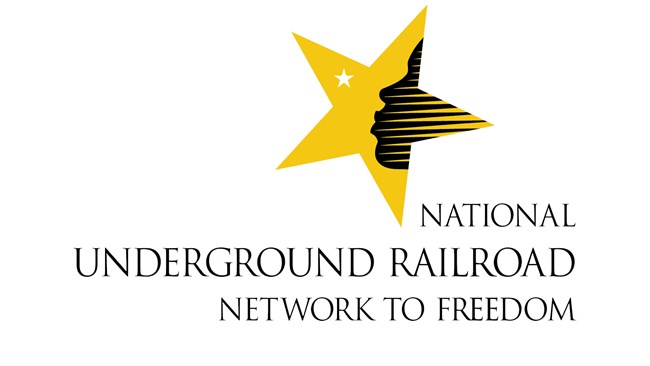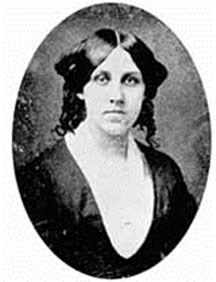
The Wayside house in Concord, Massachusetts has witnessed a dramatic spectrum of American History including the ongoing struggle for freedom and equality. Slavery in Concord Pre-RevolutionShortly after the arrival of European colonists the institution of slavery impacted every aspect of Anglo-European society including the small community of Concord. Samuel Whitney, merchant, delegate to the Provincial Congress, and muster master of the Concord Minute Men enslaved two men at his home now known as The Wayside. Samuel Whitney's family was one of twelve enslaving families in Concord when the American Revolution began. Enslavers and PatriotsWhen colonial patriots voiced their commitment to the fight for freedom and made the first military stand against British oppression in April 1775, they did so while maintaining a firm grasp on human enslavement. This contradiction was not lost on everyone. Lemuel Haynes, an African American Patriot wrote,
After the RevolutionPeople of color fought for freedom in many ways, including a series of lawsuits now known as Freedom Suits. In 1783, the Massachusetts Supreme Judicial Court declared slavery was incompatible with the 1780 Massachusetts Constitution. Although the state did not abolish slavery outright these victories ushered in an era of gradual emancipation. To learn more about Freedom Suits visit https://www.masshist.org/endofslavery/index.php?id=54 
Freedom Seekers at HillsideBy April of 1845, The Wayside, then dubbed "Hillside," was owned by Bronson and Abigail Alcott whose children were Anna, Louisa, Elizabeth, and May. The Alcott's were prominent abolitionists in Concord and maintained active ties to various anti-slavery organizations across the United States.
According to Abigail, the family discussed economic pressure as a way to facilitate the destruction of slavery. Although the family hoped a general boycott of goods produced using enslaved labor would bring about a quicker resolution, the system remained intact for another eighteen years until the American Civil War.
The Alcott's involvement in the antislavery movement brought young Louisa and her sisters into contact with some of its most ardent champions of abolition: William Lloyd Garrison, Frederick Douglass, John Brown, Wendell Phillips, and Theodore Parker to name a few. |
Last updated: May 12, 2021
